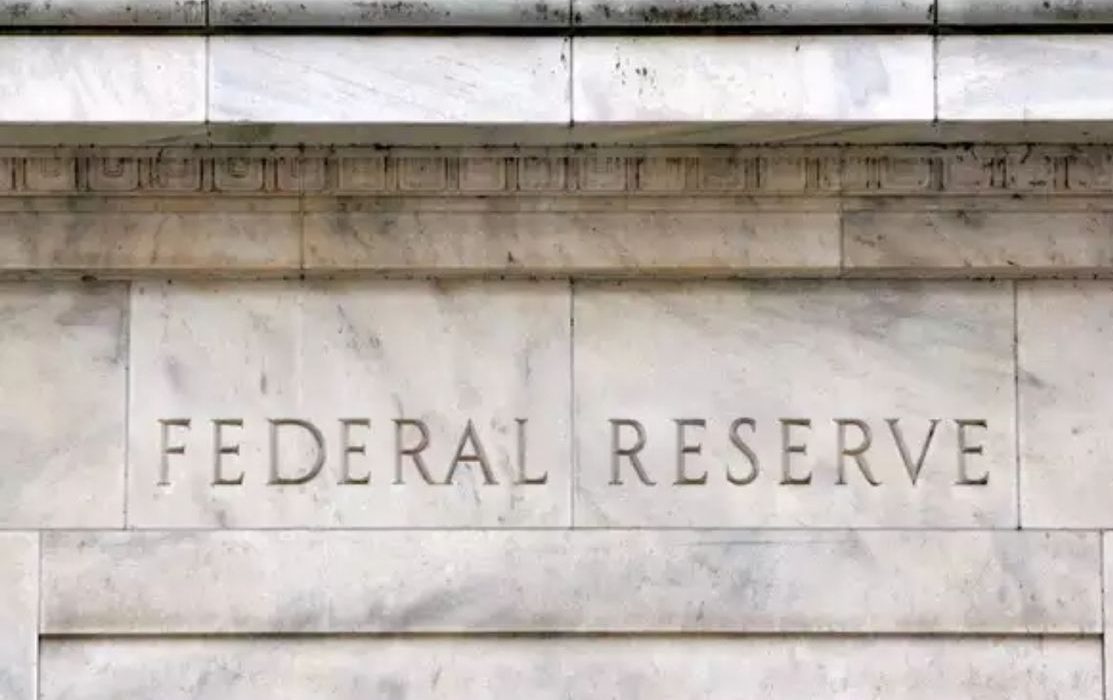Introduction
On Thursday, the U.S. dollar regained some of its earlier losses after the Federal Reserve gave a signal that it may pause interest rate hikes. This move came as the Swiss National Bank and Bank of England pushed ahead with their own rate increases. In this article, we will delve deeper into the events that have caused these developments, and what they could mean for the global economy.
The Fed’s Announcement
The Federal Reserve raised its benchmark funds rate by 25 basis points on Wednesday. However, the central bank dropped the language that had suggested “ongoing increases” were needed. Instead, it opted for more cautious language, saying “some additional” rises may be necessary. This suggests that the Fed is taking a more measured approach to interest rate hikes.
The Swiss National Bank’s Rate Increase
Meanwhile, the Swiss National Bank (SNB) increased its key interest rate by 25 basis points to -0.25% on Thursday. This move was expected, as the SNB had signaled its intention to raise rates at its last policy meeting. The SNB’s decision to raise rates is significant because it marks the first time the central bank has increased rates since the financial crisis.
Bank of England’s Rate Hike
The Bank of England (BoE) also raised its interest rates by 25 basis points to 0.75% on Thursday. This is the first rate hike since August 2018, and it comes as the BoE looks to combat rising inflation. However, the central bank did warn that future rate hikes will be gradual and limited.
What These Developments Could Mean for the Global Economy
The Fed’s decision to pause interest rate hikes could signal a more cautious approach to monetary policy. This could be seen as a positive development for emerging markets, as higher U.S. interest rates can lead to capital outflows from these countries. However, the SNB and BoE’s rate hikes could lead to increased volatility in currency markets.
In the short term, the SNB’s rate hike could lead to a stronger Swiss franc, as higher interest rates can make a currency more attractive to investors. This could lead to weaker export growth for Switzerland, which could have a knock-on effect on the wider European economy.
Similarly, the BoE’s rate hike could lead to a stronger pound, which could hurt exporters and potentially slow down the UK economy. However, the central bank’s cautious approach to future rate hikes suggests that it is aware of the potential risks.
Conclusion
The global economy is facing a number of challenges, including rising inflation, trade tensions, and the ongoing COVID-19 pandemic. The Fed’s decision to pause interest rate hikes could be seen as a positive development, as it suggests that the central bank is taking a more measured approach to monetary policy. However, the SNB and BoE’s rate hikes could lead to increased volatility in currency markets. As always, it is important to monitor these developments closely and adjust investment strategies accordingly.










